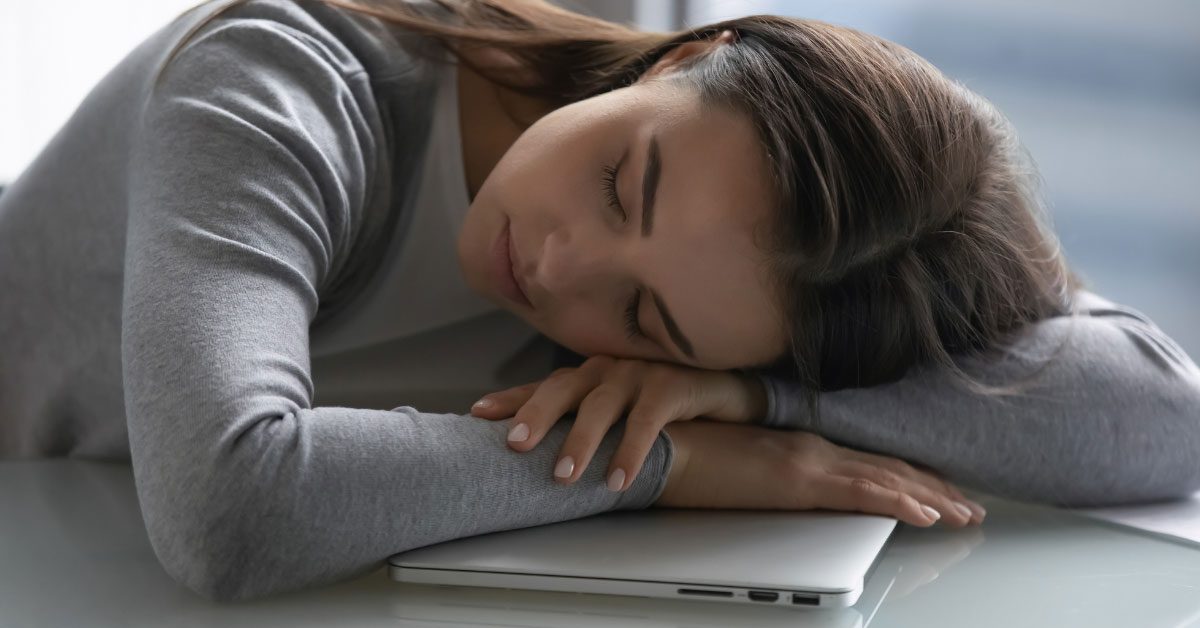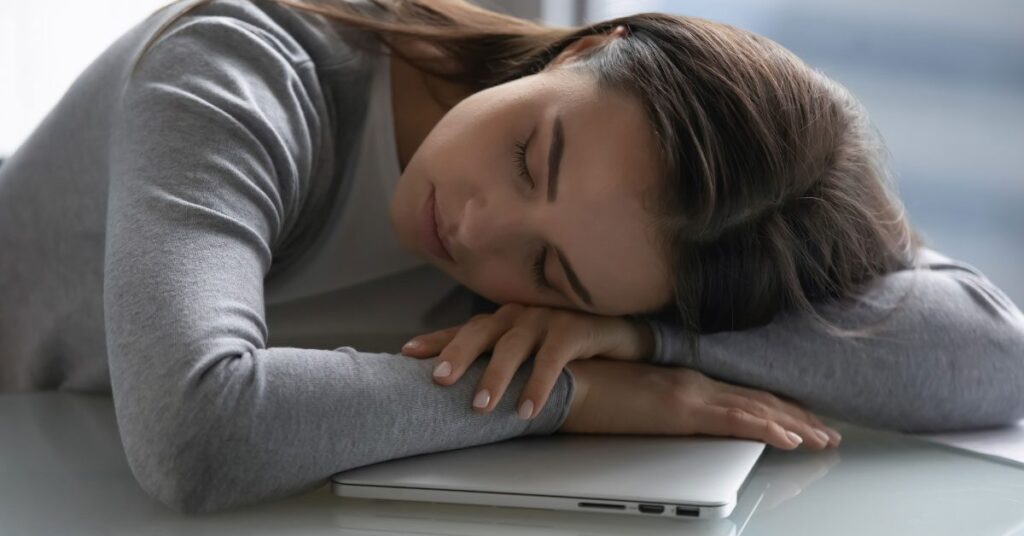Tips for Fighting Fatigue After Alcohol Detox
Once a person has completed their alcohol detox, they may be exhausted and worn out, but there are steps you can take to quickly lessen this discomfort.
Alcohol withdrawal symptoms (AWS) are severe medical conditions requiring the right medications to alleviate. Unfortunately, many alcoholics cannot get through the withdrawals alone and drink to subdue them. Today, medically supervised alcohol detox provides safe drugs that reverse AWS and allow the individual to rest and recover. 
Why is Alcohol Withdrawal So Severe?
Alcohol is a central nervous system depressant, and it slows down the rate at which the body releases norepinephrine and other brain chemicals responsible for fight or flight responses. When a person is stressed out or in fear, they have elevated levels of these chemicals, making them uncomfortable. Yet, with continuous alcohol intake, the brain chemicals alter and release massive neurochemical surges that cause severe anxiety and nervousness when there is no alcohol in the body. Many heavy drinkers and alcoholics’ withdrawals begin in 3 hours after the last drink.
Are Alcohol Withdrawal Symptoms a Danger to Your Health?
Withdrawal symptoms caused by alcohol can be very dangerous and can, in some situations, cause a life-threatening seizure, heart condition, or suicidal thoughts and actions. Alcohol use disorders have been deemed a disease of the mind and emotions influenced by numerous factors. On Call treatment programs aim to help people with alcohol use or alcoholism through in-depth therapy and compassion. A vital part of helping an alcoholic or problem drinker is helping them uncover what is making them drink alcohol. Without this understanding, it is hard to help them in the way they need to achieve recovery.
What is a Medically Supervised Alcohol Detox Program?
Medically managed alcohol detox provides benzodiazepines and other safe medications to help the person get through the alcohol detox symptoms more quickly. Medically supervised alcohol detox takes place under 24 hours doctor supervision and is completed at an inpatient hospital or similar setting. Patients are allowed to sleep and rest while seeing a counselor during the day if they are able. The medication as a benzodiazepine is most effective at reversing the surge of central nervous system chemicals that cause severe anxiety and other flu-like symptoms that can only be quieted with medication or for those -not at alcohol detox -drinking more alcohol.
Do Alcohol Withdrawal Symptoms Improve With Time?
Yes, the longer a person does not drink alcohol, the body will reset to the average CNS hormones and chemicals level. Nausea and insomnia will also fade. However, the timeframe when alcohol withdrawals lessen is after many days, and for some patient’s weeks. The alcohol detox unit provides medications upon arrival to minimize and reverse the following:
- Delirium tremens
- Racing pulse and heart palpitations
- Extreme anxiety and or depression
- Profuse sweating and dehydration
- Nausea, vomiting, diarrhea
- Insomnia
- Hallucinations and confusion
- Suicidal thoughts and plans
Is it Normal to Feel Fatigue and Lethargy After Alcohol Detox?
Once a person has completed their alcohol detox, they may be exhausted and worn out. The National Institute of Health state why fatigue occurs after alcohol detox and describe it as protracted withdrawal or PWS:
After the acute withdrawal has subsided, a syndrome of protracted withdrawal may ensue. Some manifestations of PWS include decreased energy, lassitude, and decreased overall metabolism. The significance of this cluster of symptoms could reflect the brain’s slow recovery from the reversible nerve cell damage common in alcoholism. Clinically, the symptoms of PWS are important because they may predispose abstinent alcoholics to relapse in an attempt to alleviate the symptoms. (NIH)
Ways to Overcome Alcohol Post Detox Symptoms
The greatest challenge after completing alcohol detox is learning to cope with life and the individual’s emotions without drinking. We recommend long-term treatment that provides in-depth therapy and counseling. Additionally, increased self-care that includes these measures will help someone to feel less fatigue as they progress in their recovery:
- Exercising and eating healthy foods
- Receiving cognitive behavioral therapy to lower stress and create a positive mindset
- Engaging in meditation and mindfulness practices
- Keeping regular sleep schedules
- Limiting caffeine and sugar
- Placing a priority on relaxation and sober types of entertainment to counter boredom
The Alcohol Rehab Program at Evoke Waltham Offers FULL Recovery
Individualized treatment plans are provided by the treatment programs we recommend for alcoholics. Due to the variety of causes of alcoholism, each person has a different drinking history and reason for becoming an alcoholic. We admit people into the alcohol detox unit, where they are provided medications and therapy on day one. Next is to begin cognitive behavioral therapy in one of our inpatient programs, so we encourage those affected to reach out for a confidential assessment around the clock.


